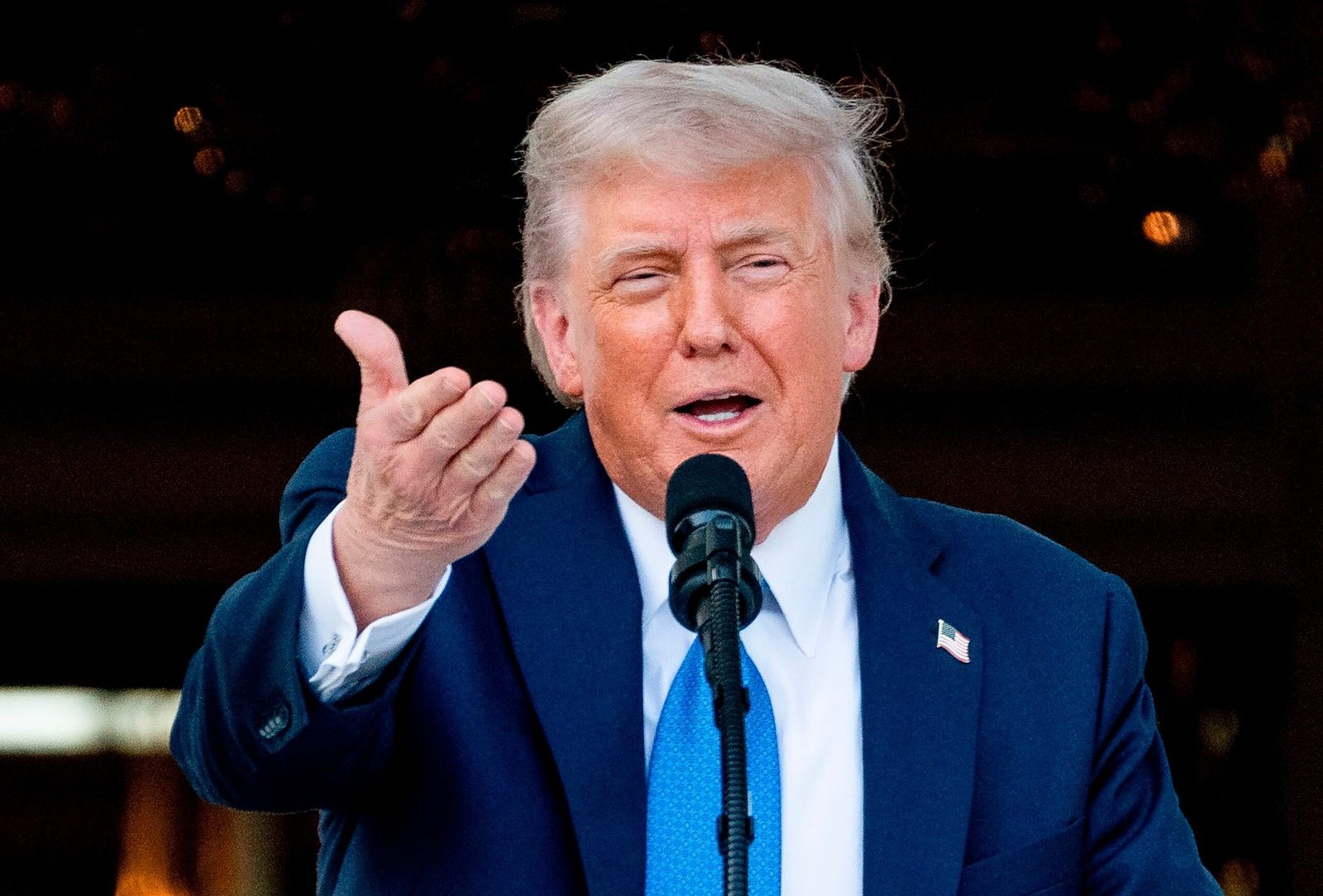President Donald Trump spoke with Chinese President Xi Jinping on Thursday in the midst of a commercial war between the two countries, according to Chinese state media.
The call occurred at Trump’s request, the Chinese state agency Xinhua reported.
Its conversation is a significant development in the midst of the commercial war between the United States and China, the two largest economies in the world.
It occurs after Trump accused China of violating an agreement negotiated by senior officials in Geneva last month to reverse high rates rates for 90 days. The agreement saw that the United States dropped the rate of Chinese products that reached the US of more than 145% to 30%. China dropped its Tax on American goods from 125% to 10%.

President Donald Trump speaks in a summer evening on the southern grass of the White House in Washington, on June 4, 2025.
Eric Lee/EPA-EFE/Shuttersock
Trump, last Friday, said China had raped the temporary truce, although it did not provide details.
“Both for being Mr. Nice Guy!” He wrote on his conservative social networks platform.
Beijing retreated on Monday, saying that “Irrazonable accusations firmly rejects” and that it was the United States that “unilaterally caused new economic and commercial friction.”
The director of the National Economic Council of the White House, Kevin Hassett, during an appearance in “This Week” of ABC on Sunday, had said that the expectation was that Trump and the XI of China spoke this week.
Hasset said: “The two will talk about Geneva’s agreement, which we all incline very favorably, thinking that this is a great step forward. But what happened is that people had to, in China, to have to give us licenses for things, and licenses, we believe, they have slowly thrown themselves is something that the presidents want to talk this week.”
Hassett also said that the United States Commercial Representative Jamieson Greer and his counterparts in China are “speaking every day trying to move the ball on this matter.”
Greer said in CNBC last week that China was the slow approval of export licenses for rare earth materials, which was also part of the Geneva agreement.
Meanwhile, Chinese leaders recently said their own concerns about the restrictions of the United States about technological exports and the Trump administration attempt to revoke the visas of Chinese students.
This is a development story. Consult the updates again.





